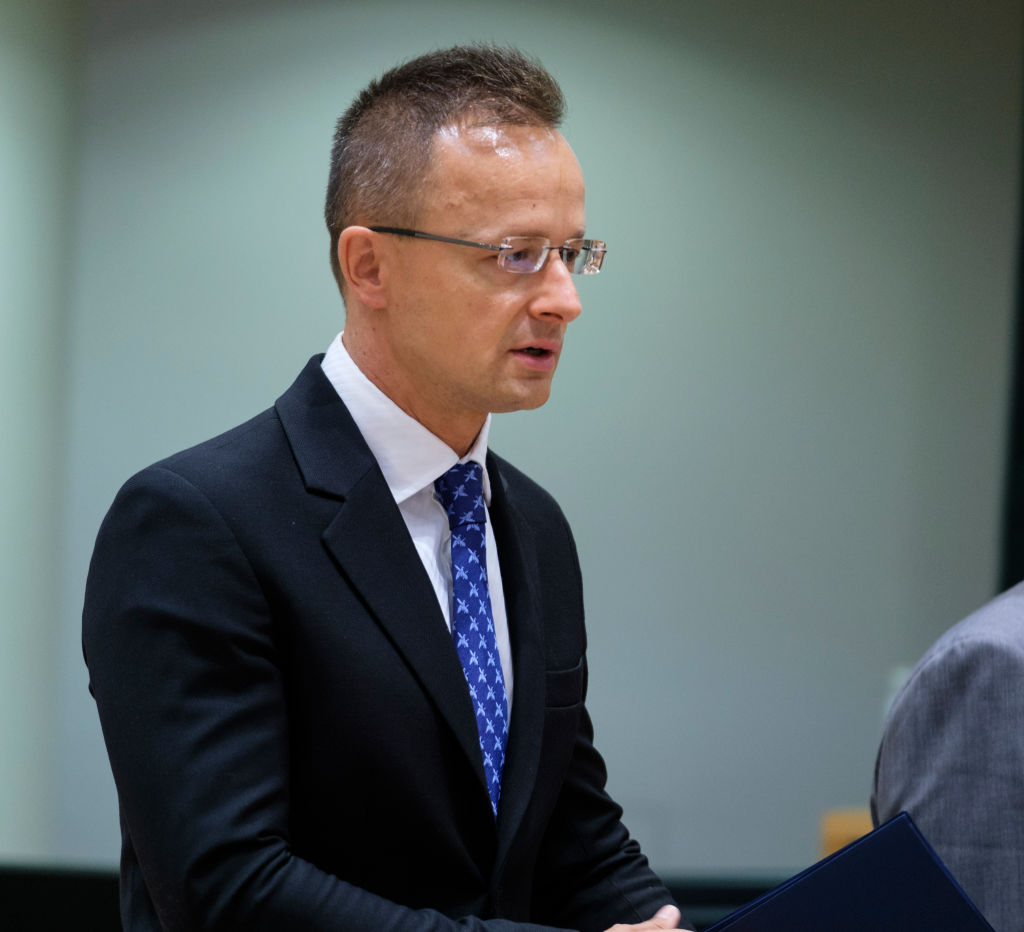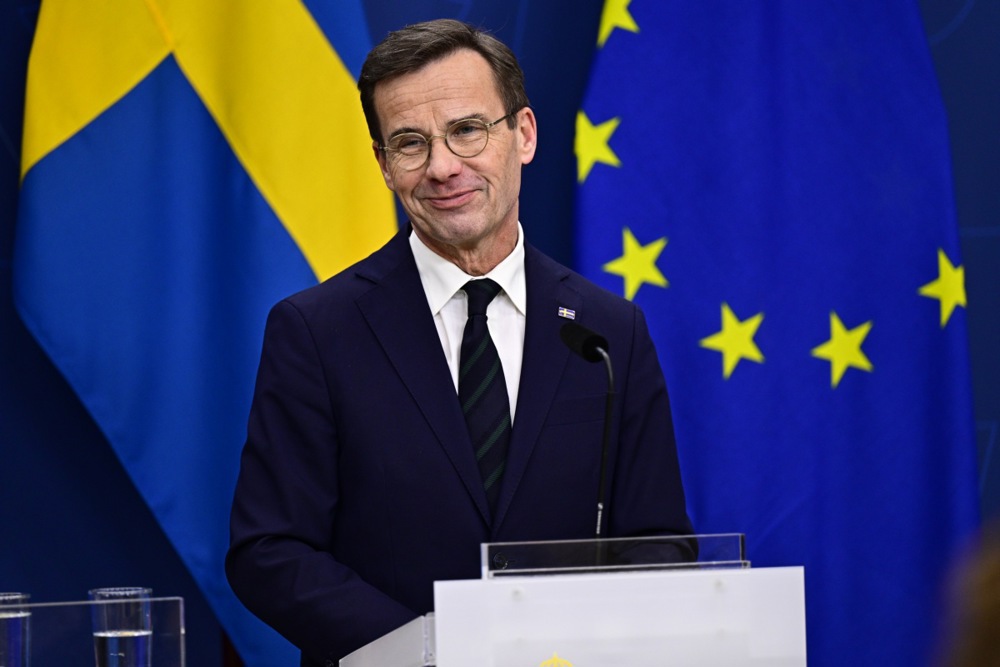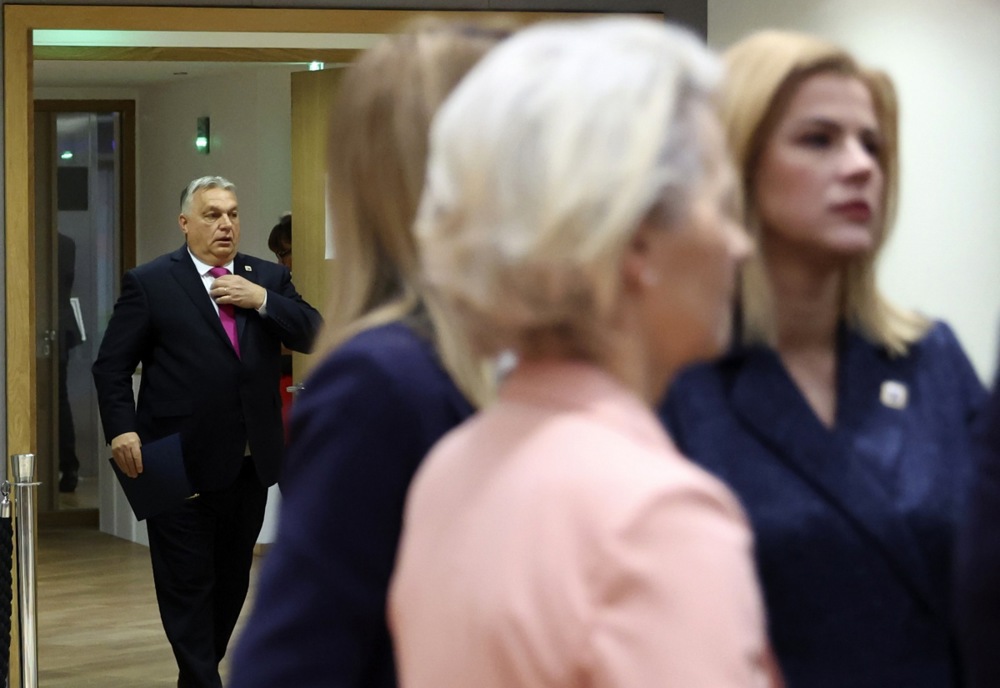The volatility of the forint EURHUF has boosted support for introducing the euro among German investors in Hungary to its highest level in 13 years, a survey by the German-Hungarian Chamber of Industry and Commerce showed on Wednesday.
Prime Minister Viktor Orbán’s government has no target date to adopt the euro and his cabinet has ruled out joining the single currency before Hungarian living standards rise closer to average levels of the European Union it joined two decades ago.
The National Bank of Hungary, which cut its base rate by 50 basis points to 7.75 per cent HUINT=ECI on Tuesday, recently warned that Hungary skirted a currency crisis in late-2022, when falls in the forint forced the bank into emergency rate hikes.
The German chamber survey said 73 per cent of 241 investors polled between February 19 and March 20 backed adopting the euro in Hungary, the highest level since 2011 and sharply up from lows of around 50 per cent seen in 2016 and 2017.
“This is the result of high exchange rate volatility seen in the recent period. We saw a similar trend during the 2009 financial crisis,” the survey said. Support for Hungary’s euro entry stood at 94 per cent in 2009 based on the poll.
It said support for the euro was highest among companies with a substantial import need and lower among exporters.
The survey said prospects for the Hungarian economy among respondents have improved from a year ago, while companies also assessed their own business prospects substantially better than in the previous survey conducted in the autumn.
However, the survey said nearly half of the respondents were dissatisfied with legal certainty in Hungary amid a general deterioration in the predictability of economic policy, marred by increased government intervention into market developments.





